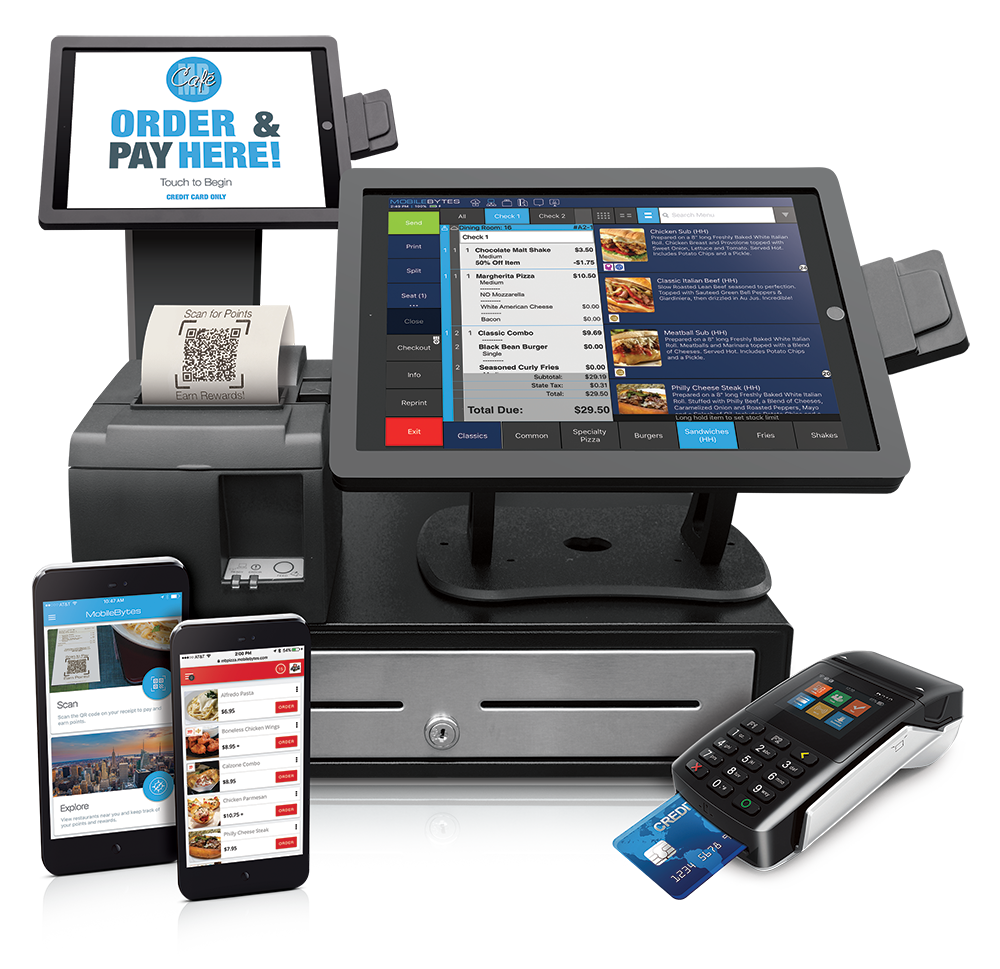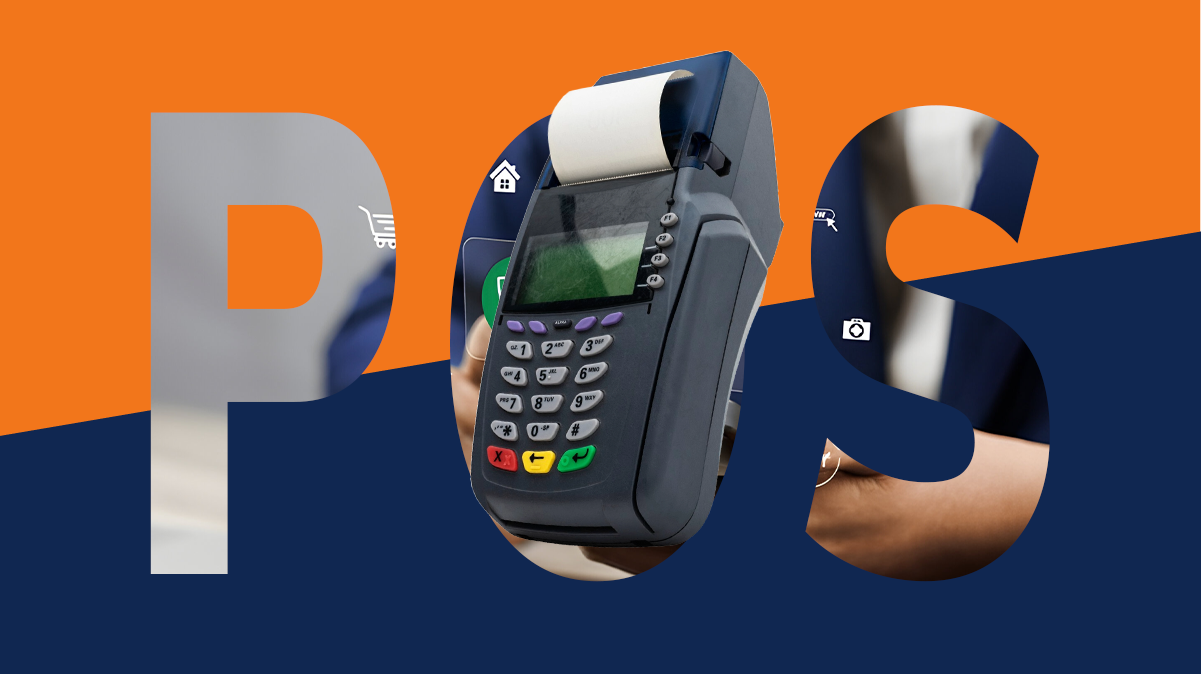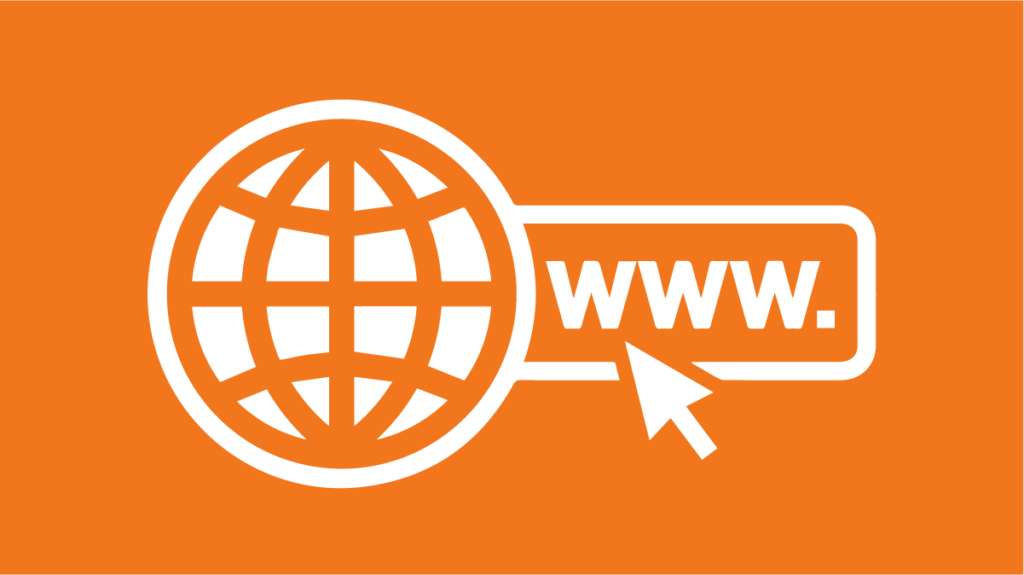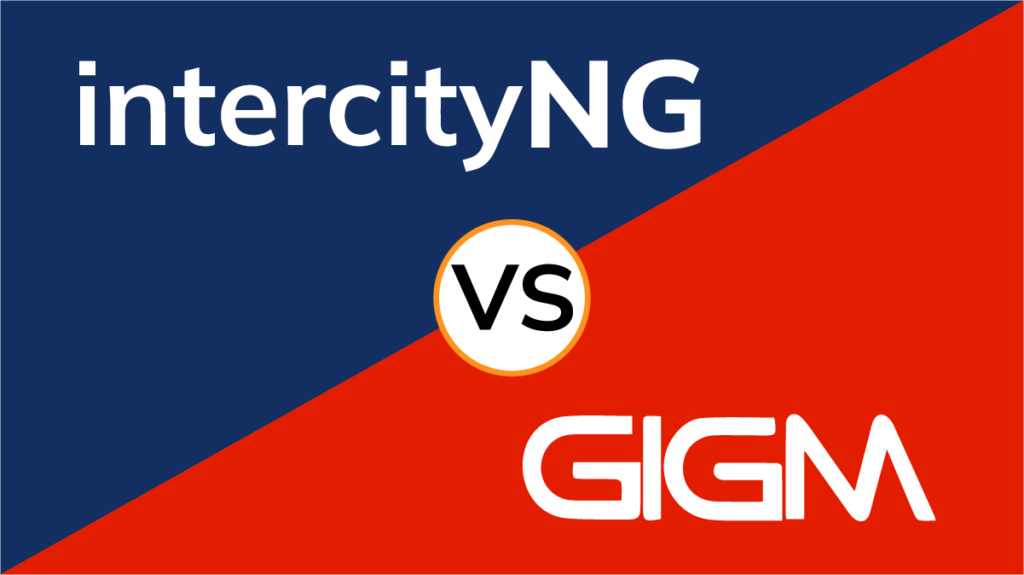In today’s fast-paced world, businesses in Nigeria are constantly seeking ways to improve efficiency and streamline operations. One essential tool that has revolutionized the way businesses manage transactions is the Point of Sale (POS) system. From small retail shops in Lagos to bustling markets in Abuja, POS systems have become integral to modern commerce. But what exactly is a POS system, and how does it work? This comprehensive guide will explore everything you need to know about POS systems, their benefits, and how they can be a game-changer for Nigerian businesses.
Related: Why Every Transportation Company Needs a Custom Website
What is a POS System?
A Point of Sale (POS) system is a combination of hardware and software that allows businesses to process sales transactions efficiently. It serves as the central hub where customers make payments for goods and services. Unlike traditional cash registers, POS systems offer a range of functionalities, including inventory management, sales tracking, and customer relationship management. In Nigeria, where the economy is rapidly evolving, a POS system can be a crucial tool for both small and large businesses.
Components of a POS System

A typical POS system consists of several key components:
– POS Terminal: The physical device where transactions are processed. This could be a computer, tablet, or a dedicated POS machine.
– POS Software: The software that runs on the terminal, handling sales, inventory, and customer data.
– Card Reader: A device for processing card payments, including credit and debit cards.
– Receipt Printer: Prints out receipts for customers after a transaction.
– Cash Drawer: A secure place for storing cash transactions.
– NFC (Near Field Communication): Allows the scanning of QR codes, which is increasingly important for mobile payments and contactless transactions in Nigeria.
Types of POS Systems in Nigeria
Nigeria offers a variety of POS systems to cater to different business needs:
– Traditional POS Systems: These are the more robust, hardware-intensive systems typically used in large retail stores.
– Mobile POS Systems: Perfect for small businesses, these systems run on smartphones or tablets, offering flexibility and mobility.
– Cloud-Based POS Systems: These systems store data online, providing real-time access and easier scalability, which is particularly useful for businesses with multiple locations.
– Self-Service Kiosks: Ideal for fast-food outlets and supermarkets, these systems allow customers to check out on their own.
Step-by-Step Process of a POS Transaction
Understanding how a POS system works is crucial for any business owner:
- Product Scanning: The cashier scans the product’s barcode using a scanner or manually inputs the product code.
- Price Calculation: The POS software calculates the total price, including taxes and discounts.
- Payment Processing: The customer chooses a payment method (cash, card, or mobile money). If paying by card, the card reader processes the payment.
- Receipt Generation: Once payment is confirmed, the POS system prints or sends a digital receipt to the customer.
- Inventory Update: The system automatically updates the inventory to reflect the sale.
Key Features of POS Systems
- Sales Reporting: Track daily, weekly, or monthly sales to make informed business decisions.
- Inventory Management: Keep tabs on stock levels, set reorder points, and manage suppliers.
- Customer Management: Collect and manage customer data for personalized marketing and loyalty programs.
- Employee Management: Track employee performance, manage shifts, and control access to the system.
Related: Charter Requests for All: A Unified Experience for Passengers and Operators
Benefits of Using a POS System in Nigeria
Efficiency and Speed
POS systems significantly speed up the transaction process, reducing wait times for customers and improving overall service efficiency. This is particularly important in Nigeria, where businesses often deal with high volumes of customers.
Accurate Inventory Management
With a POS system, Nigerian businesses can automate inventory tracking, reducing the chances of stockouts or overstocking. This leads to better inventory control and cost savings.
Improved Customer Experience
A POS system allows for quicker checkouts, multiple payment options, and personalized services. For Nigerian businesses, offering a seamless customer experience can be a major competitive advantage.
Enhanced Sales Reporting and Analytics
POS systems provide detailed sales reports and analytics, helping businesses in Nigeria make data-driven decisions. Whether it’s identifying best-selling products or peak sales times, these insights are invaluable for growth.
Security and Fraud Prevention
Modern POS systems in Nigeria come with robust security features, such as encryption and multi-factor authentication, to protect sensitive customer and business data.
Choosing the Right POS System for Your Business in Nigeria
Factors to Consider
Selecting the right POS system for your Nigerian business requires careful consideration of several factors:
- Business Size: A small retail shop in Lagos might need a different system than a large supermarket in Abuja.
- Budget: Consider both the initial setup cost and ongoing maintenance fees.
- Ease of Use: The system should be user-friendly to minimize the learning curve for your staff.
- Customer Support: Ensure the provider offers reliable customer support, especially in Nigeria, where technical assistance might be needed frequently.
- Integration Capabilities: The POS system should integrate seamlessly with other business tools, such as accounting software.
Top POS Providers in Nigeria
Several POS providers are popular in Nigeria, each offering unique features:
- Nomba: Specifically designed for transport operators, Nomba/Intercity POS systems are perfect for selling bus tickets, managing inventory, and processing payments.
- Firstmonie POS: Provided by First Bank, this is ideal for businesses looking for a reliable and secure POS system.
- Interswitch: Offers a range of POS solutions catering to different business sizes and needs.
- Opay POS: Known for its affordability and ease of use, particularly for small to medium-sized businesses.
- Moniepoint: Highly regarded for its robust and reliable POS services, Moniepoint is a top choice for many Nigerian businesses looking for seamless payment processing.
- Palmpay: Another popular option, Palmpay offers flexible payment solutions that are particularly appealing to small businesses and entrepreneurs.
Challenges of Implementing POS Systems in Nigeria
Connectivity Issues
One of the biggest challenges for POS systems in Nigeria is the inconsistency of internet connectivity. Many parts of the country still experience unreliable internet, which can disrupt transactions and affect business operations.
Cost of Implementation
The initial cost of setting up a POS system, including hardware and software, can be a significant investment, especially for small businesses in Nigeria.
Technical Support and Maintenance
Access to technical support can be limited, particularly in remote areas of Nigeria. Businesses must ensure they have access to reliable maintenance services to keep their POS systems running smoothly.
Repair and Access to Parts
Another significant challenge for businesses in Nigeria is the availability of repair services and access to replacement parts for POS systems. If a device breaks down, it can be difficult to find the necessary parts or a skilled technician to carry out repairs, especially in more remote regions. This can lead to prolonged downtimes, affecting business operations and customer service.
Conclusion
Adopting a POS system can provide significant advantages, from improving transaction efficiency to enhancing customer satisfaction.
Whether you’re a small retailer or a large enterprise, understanding what a POS system is and how it works can help you make an informed decision that drives growth and success.
By choosing the right POS system, Nigerian businesses can not only streamline operations but also gain a competitive edge in an increasingly digital marketplace.
Frequently Asked Questions
The main advantages include faster transactions, improved inventory management, better customer experience, and enhanced security.
The cost can vary depending on the type of POS system, with basic mobile POS systems being more affordable and traditional systems requiring a larger investment.
Some POS systems offer offline functionality, but most require internet connectivity for real-time updates and transactions.
Retail shops, restaurants, supermarkets, and service-based businesses can all benefit from implementing a POS system.
Yes, most modern POS systems in Nigeria come with advanced security features, including encryption and fraud detection mechanisms.




